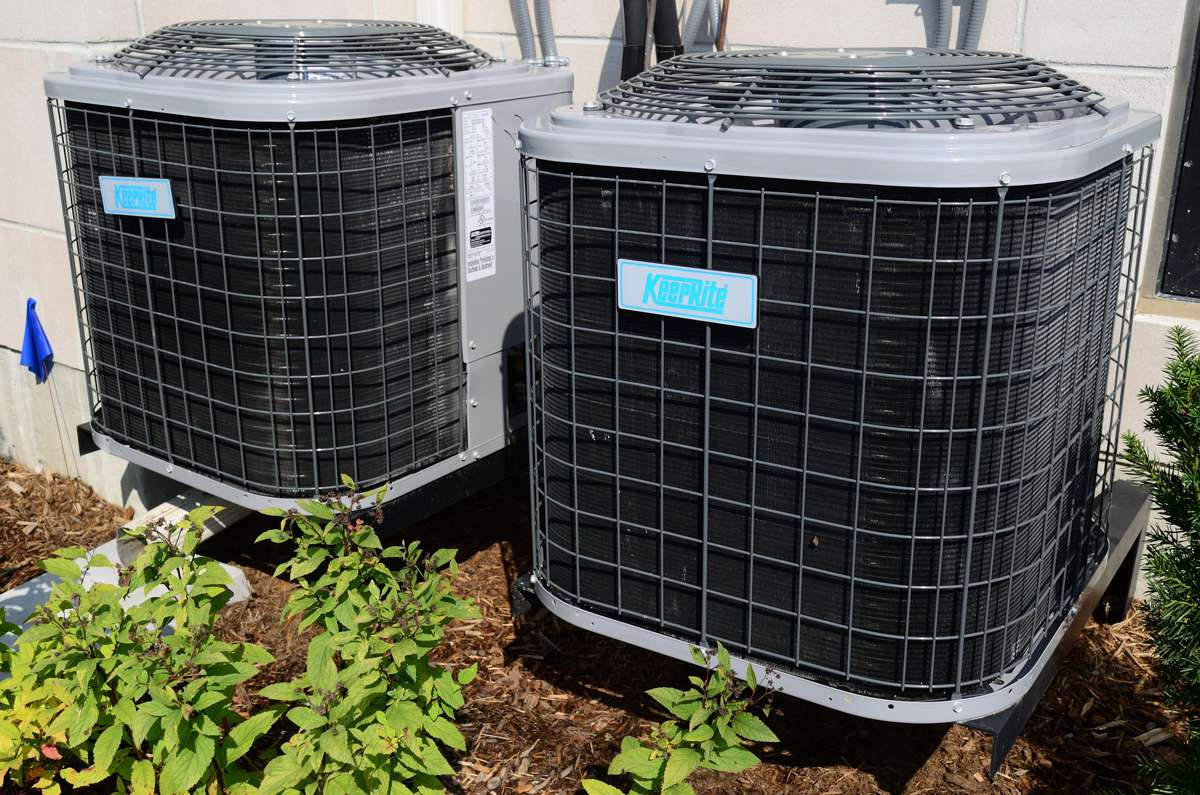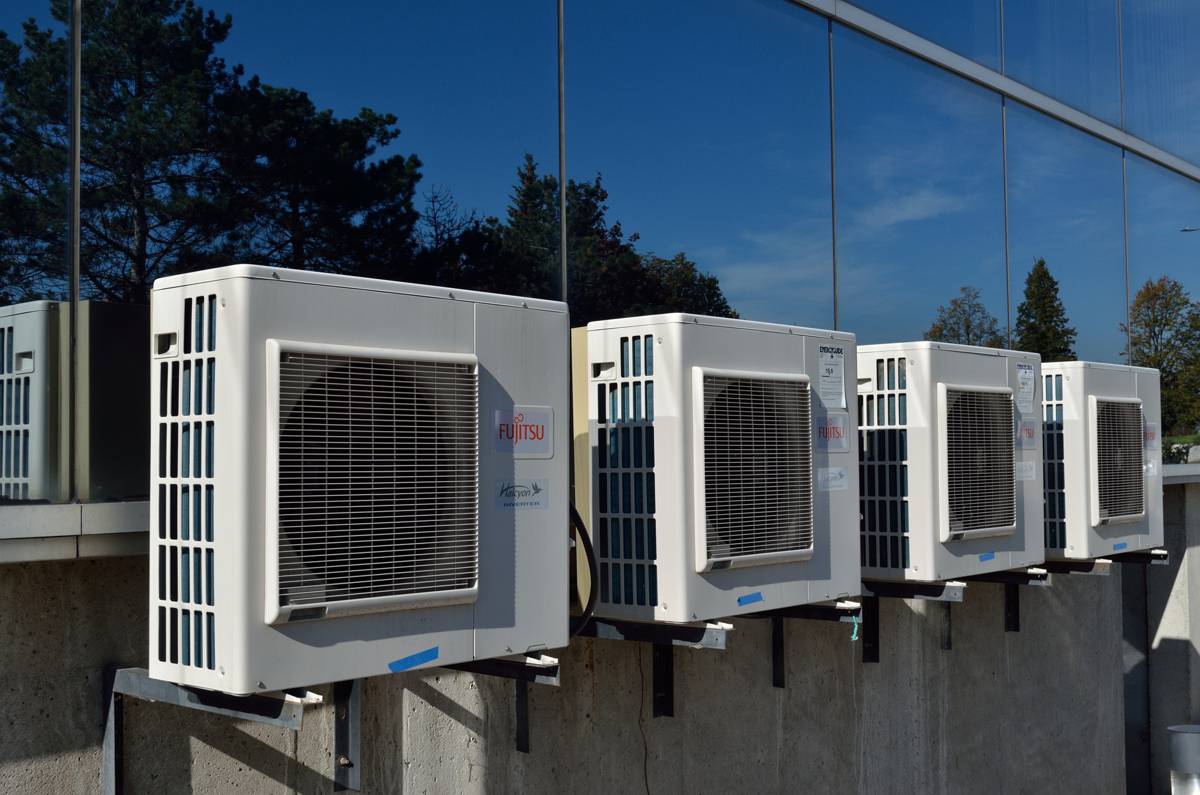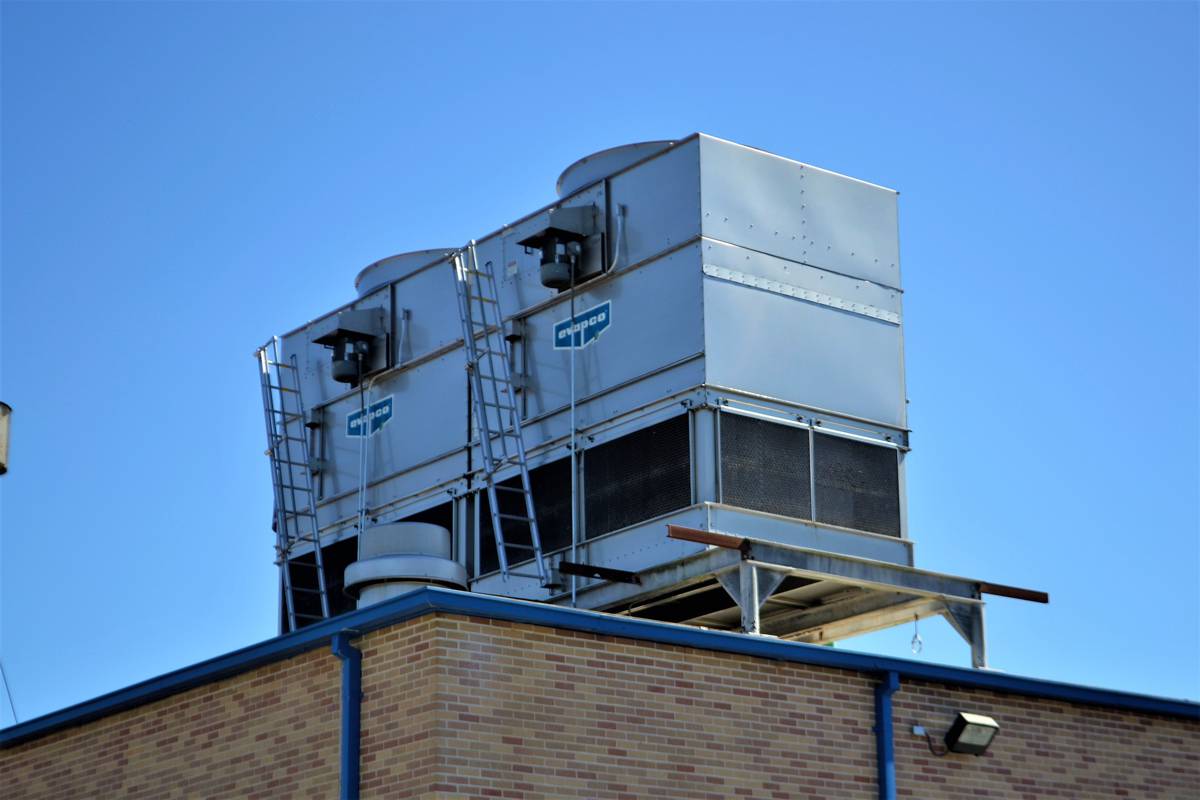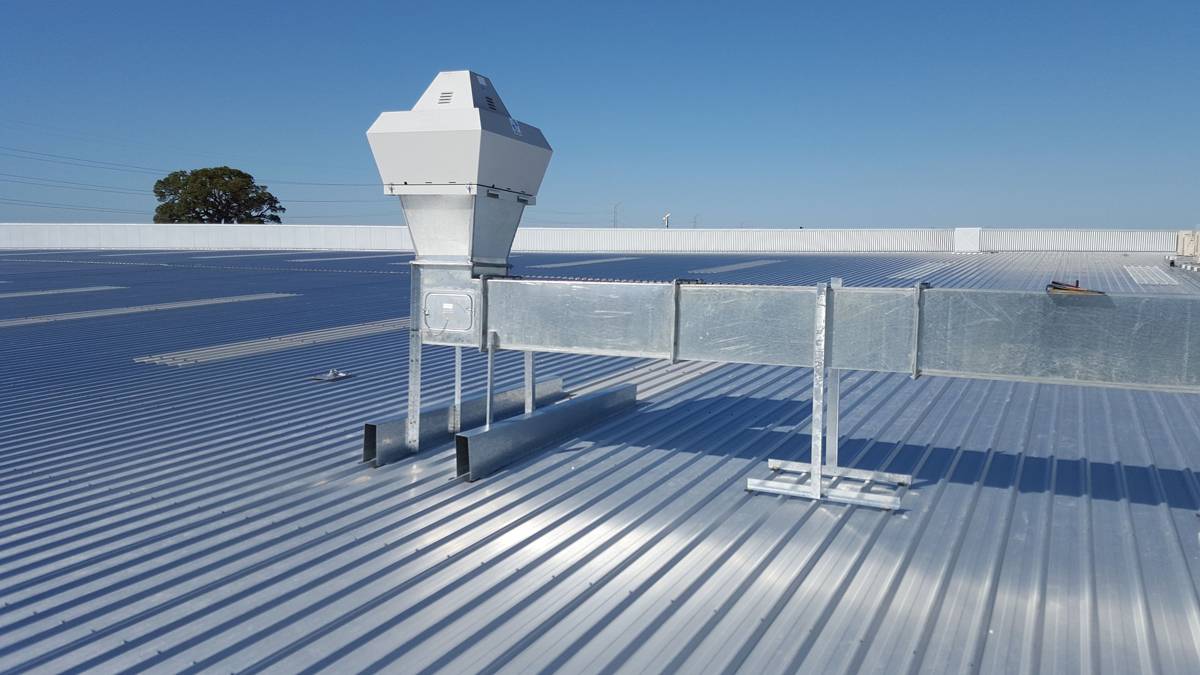Guaranteeing a great HVAC Installation
Heating, Ventilation, and Air Conditioning (HVAC) systems are one of the most important parts of any building. Whether residential, commercial, or industrial, regulating the temperature in a space can be crucial to comfort, but how exactly does this complex system work and what is inside?
Understanding the functions and basic components of HVAC can help businesses make informed decisions about installations and upgrades, and help make sure they are getting value for money. This guide to the key elements of heating, ventilation, and air conditioning will help you make the right choice for your business and your customers.

It’s About More Than Just Temperature
Commercial-grade HVAC systems, while primarily designed to regulate temperature, offer several other critical benefits that enhance the overall environment in commercial buildings. This can benefit both employees and your customers in a retail setting. An effective HVAC system maintains a consistent and comfortable indoor temperature throughout the year, regardless of the outdoor conditions. This is crucial for maintaining employee productivity, and can also be a factor in customer satisfaction.
The ventilation component of an HVAC system serves to ensure regular air exchange, replacing stale indoor air with fresh, outdoor air. This can help odor control, and prevent the transmission of airborne viruses, which is an increasing concern for both employees and customers.
High humidity does not just cause discomfort, it can damage electronic equipment, and promote the growth of mold. HVAC systems often have dehumidifiers and filters to reduce high humidity and clear air of dust and mold-causing spores. Having an efficient HVAC system is key to a comfortable, healthy, and productive commercial space, especially in customer-facing environments.

HVAC Craftsmanship Is Worth Investing In
The installation of a commercial-grade HVAC system is a complex process requiring professional expertise. Understanding the main steps can help any business ensure a smooth process and get a system and installation that suits their needs.
Installation begins with a thorough assessment of the building’s needs, considering factors like its size, design, and usage. This stage also involves inspecting the existing system, as well as identifying any specific requirements, such as improving air quality or energy efficiency. Your commercial HVAC company can design a system based on the assessment findings, selecting the appropriate equipment and determining the layout of ductwork.
The design will consider not just heating and cooling needs, but also ventilation requirements, to ensure a balanced and healthy indoor environment. HTS is a commercial HVAC company in New York City that has custom-designed and installed equipment in commercial, industrial, government, and healthcare constructions. Their team has the level of expertise needed to ensure a successful, efficient, and cost-effective HVAC system is installed.
The actual installation involves fitting all HVAC equipment, including furnaces, air conditioning units, ducts, and ventilation fans. This labor-intensive step requires precision. Poorly installed systems create maintenance nightmares, costing your business time and money down the line. By understanding the installation process, businesses can better coordinate with their commercial HVAC contractors to create custom systems tailored to their needs, and the expectations of their customers.

Have A Plan For Your Project
To get the most out of your commercial HVAC installation and get the most for your money, stick to these basic principles when planning your project:
- Choose Experienced Professionals. The expertise and experience of a commercial HVAC company are crucial to the success of the installation. Always opt for professionals with a proven track record in commercial HVAC installations.
- Prioritize Energy Efficiency. Energy-efficient HVAC systems may have a higher initial cost but can save money in the long run through reduced energy consumption. Look for ENERGY STAR-rated systems that guarantee efficiency and are often endorsed by utility rebate programs.
- Regular Maintenance. Once installed, an HVAC system requires regular maintenance to ensure its longevity and optimal performance. A professional maintenance plan can prevent unexpected breakdowns and costly repairs.
- System Sizing. The HVAC system should be appropriately sized for your commercial building. Systems that are too large or small will not operate efficiently and could result in increased costs and decreased comfort.
- Opt for Quality Components. High-quality components may cost more upfront, but they tend to last longer and perform better, providing better value over time.
Follow these practices and your HVAC system will be installed correctly and function efficiently, providing your business with comfortable, clean air. When you work with an experienced commercial HVAC company they will design the system based on your requirements. The more you know about the process, and the more you have planned for it, the better the end result will be. A low-maintenance, energy-efficient HVAC system will give your business the best value over time, and become an asset to your company in more ways than one.
Make a smarter investment in your HVAC systems, and choose a partner that has proven they can make a high-quality, professional installation so you have the expertise available to create a smarter system suited to your premises. Whether office, retail, or restaurant, HVAC systems are life-support for businesses.





























